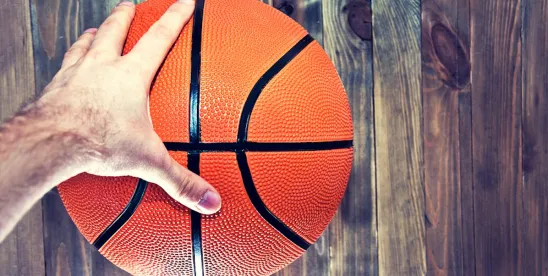On February 18, 2025, National Labor Relations Board Acting General Counsel William Cowen rescinded a September 2021 memorandum in which former Board General Counsel Jennifer Abruzzo declared college athletes should be considered employees under the National Labor Relations Act. This was one of many memoranda he rescinded that had been issued by his Biden-administration predecessor.
Acting General Counsel Cowen’s withdrawal of the memorandum is the latest in a series of defeats for pro-employee advocates who had hoped to designate collegiate student-athletes as “employees” under the Act.
The first was the December 2024 withdrawal of an unfair labor practice charge filed by the National College Players Association (NCPA) against the NCAA, the Pac-12 Conference, and a private university in the Los Angeles area. The NCPA’s executive director stated the charge had been withdrawn considering the rise of “name, image, and likeness” (NIL) payments to players, as well as the shift in attitude on the subject under the new Trump Administration.
The second blow to proponents of the concept that student-athletes be deemed “employees” was the January 2025 decision by Service Employees International Union (SEIU), Local 560 to withdraw its petition to represent an Ivy League university’s men’s basketball players. In February 2024, a Regional Director for the Board took the historic step of determining that the university’s men’s basketball players should be considered employees under the Act. The case was filed in September 2023 after all 15 members of the men’s basketball team signed a petition to join Local 560 of the SEIU. At the time, the Regional Director determined the university’s level of control over the players was sufficient to qualify the players as employees under Section 2(3) of the Act. The Board found that traditional “team” activities, including the university’s ability to control the players’ academic schedules and the team’s regimented schedules for home and away games, weighed heavily in favor of an employment relationship. With the petition withdrawn for now, the university’s basketball players will remain non-unionized.
Given these developments, the window for student-athletes being deemed employees under the Act appears to be closed for the time being. With the uncertainty surrounding NIL and other issues around collegiate athletics, this area of law will need to be monitored for additional developments. In the interim, private collegiate institutions should be aware that they may face charges or petitions filed with the Board. Such filings must be treated seriously in light of the Regional Director decision discussed above.
Jackson Lewis’ Education and Collegiate Sports Group is available to assist universities, conferences, and other stakeholders in dealing with matters before the Board or otherwise involving the appropriate classification of student-athletes.




 />i
/>i
